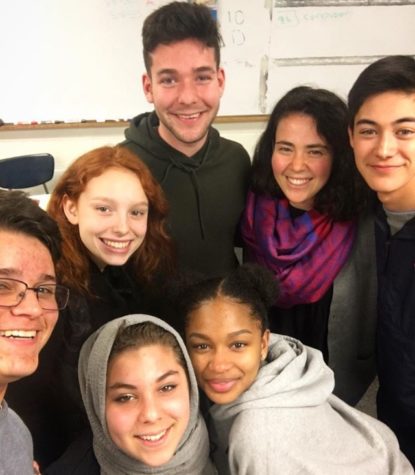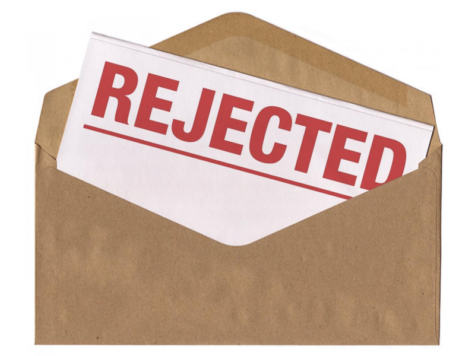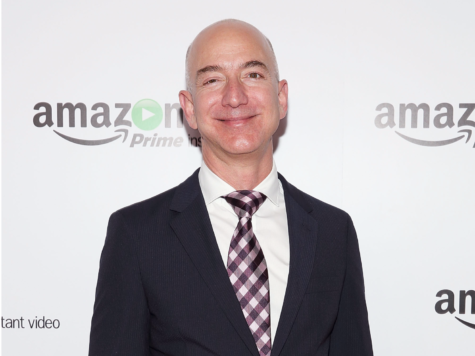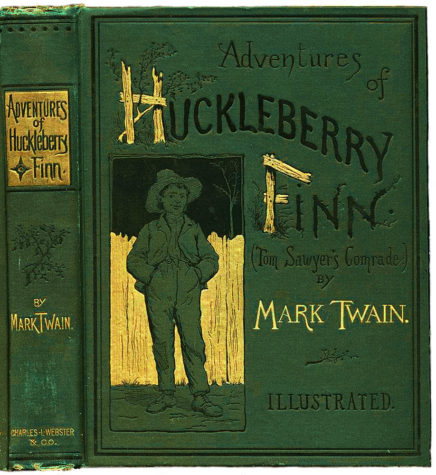Interview with Louis Herbst

May 22, 2017
Louis Herbst is leaving SSFS after one year. He is moving back to Philadelphia to teach at The Miquon School, a small, progressive elementary school in the Philadelphia suburbs. We sat down with him to discuss his future plans, pedagogy and past experience.
Q: What is exciting to you about your next school?
A: I just recently had a phone meeting with the person I’m going to be co-teaching with at my new school (The Miquon School) and and we just connected. We talked about what our mathematics instruction is going to look like for the 5th and 6th graders. The co-teacher was saying that the students aren’t happy with the playground and how it’s oriented for them. We got really excited about having the 5th and 6th graders collecting data about what it is that the kids want and using it as an opportunity to teach geometry through redesigning and then ultimately building a brand new play space for the kids. For me, it hits all those areas of progressive education that I’d want to see: these kids have a desire to see something change in their world.
We’re teaching them by not just giving them content skill but also a real and meaningful application that will help them remember it better. In order to do that you have to inherently believe that children have the power to ask really deep questions and do lots of hard work. For me it’s all of those pieces that get me really excited about going to this new school because there’s this shared sense that that’s the way education should work and then all of the structures in the school are aligned to making that kind of education successful.
Q: How do you define yourself as an educator?
A: I really define myself as a progressive educator. For an an audience of people who don’t know what that means I boil it down to 3 different things that are really fundamental and important to my teaching style:
I think teaching kids how to think is just as important as the content.
Building curiosity and initiative in kids is one of the most critical things in getting them motivated to learn and find relevance in their work.
Learning should be fun.
Q: Could you tell us more about what progressive education looks like in the classroom?
A: In a nutshell, I think progressive educators embrace curiosity. If you get kids curious and excited to learn the outcome is going to be really good: they will go above and beyond what it is that you thought they were capable of doing.
I also think it’s important to have a ton of joy in your community. When you start asking really complicated questions it is hard work. Having the learning process be really joyful helps people take risks. They feel able to do some wild things and ask questions that they may never get an answer to. They’re willing to do that because they don’t think their grade is dependent upon them getting the right answer.
Q: How do you structure a History classroom?
A: For me I would want to see kids coming into a classroom and asking questions about the world that they find genuinely interesting. In my 10 years of teaching, I have never brought a question forward to students that I already knew the answer to. Together with students we’ll get through really critical points in World History. The kids will not only learn about World History but also they’ll learn about how to ask really complex questions about the World and find answers to it. Isn’t that what we want human beings going out into the world and doing? Asking really complicated things and then feeling like they have the autonomy and power to solve those problems?
A great progressive educator named Grant Wiggins (he sent his kids to Quaker school) wrote a great article called The Futility of Trying to Teach Everything of Importance and he say two things
You aren’t going to teach kids everything that is important to know in life because you learn most of those life lessons from life.
When you try and make a list of all the “important” facts, you fall into a dangerous territory because who are the people who have the validity to say one thing is more important that another? You get into this scenario that is something a lot of schools have which is things being told from a White, Eurocentric focus and with that kind of viewpoint because those are the sort of people who are making those decisions and are the ones that are vested in that kind of information.






